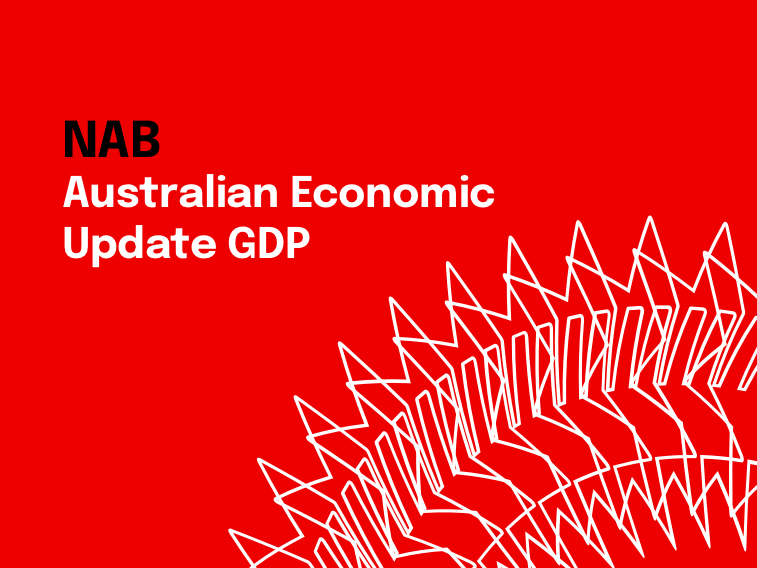Consumers lead the way


Insight
With 1.2 million visitors injecting $10 billion into the Australian economy each year, and almost one third of our international students now coming from China, Chinese custom is big business. Alibaba Australia’s MD explains Alipay.
Backed by Chinese multinational ecommerce giant Alibaba and operated by Ant Financial, Alipay is a mobile-friendly payments system with 520 million registered users – almost half of China’s population. Established in 2004 by Alibaba Group and its founder Jack Ma, in 2013 Alipay overtook PayPal as the largest mobile payment platform in the world.
In Australia, Alipay is expanding its presence and bringing with it new ways for Chinese nationals to shop locally. Maggie Zhou, Alibaba’s managing director for Australia and New Zealand, talks us through the opportunities for Australian businesses.

You need to have a Chinese passport to set up an account with Alipay for making purchases, so using Alipay as a payment method won’t be possible for most Australians. Our strategy is to grow acceptance of Alipay among Australian merchants so Chinese consumers have a payment method that’s familiar to them, whether they’re migrants, tourists or students. This benefits local businesses, putting them in a better position to attract Chinese consumers. It’s important to remember that Alipay is not a competitor to banks in Australia; we’re a partner.
Alipay is the preferred payment method for Chinese people visiting Australia. We partner with close to 10,000 merchants nationwide and the take-up is growing significantly. The types of Australian businesses using Alipay tend to be retailers, including those located in Chinatowns as well as prominent tourism locations like Sydney’s The Rocks and Melbourne’s Federation Square.
QR codes are increasingly a popular part of the payment process in China. For example, people scan QR codes to do everything from making donations to street musicians to controlling the temperature in hotel rooms. Alibaba’s Hema supermarkets throughout China have, for example, been developed to help bridge the gap between online and offline retail: all goods in Hema supermarkets feature QR codes. The codes aren’t just about payments, either; customers can scan the QR codes to learn more about the product. Alibaba is on a big growth drive there – this year, the number of Hema stores in Beijing will grow from five to 35.
Australia is already the third highest selling country into China on Alibaba’s Tmall Global online retail platform, with Australian brands such as Swisse and Bio Island among the most successful merchants on the platform globally. With more than 1,300 Australian brands selling on Tmall Global, many of which entered China for the first time through our platform, Alibaba remains central to their China strategy.
However, Alibaba doesn’t just offer an ecommerce platform. Our vision is to build the entire operating infrastructure to allow businesses to expand globally. In Australia, we launched our cloud computing arm Alibaba Cloud in 2016, while a growing number of merchants are offering Alipay. Longer-term, we’re planning to bring the full benefits of the Alibaba ecosystem to our partners and merchants across Australia.
This article was first published in Business View magazine (Issue 25).
© National Australia Bank Limited. ABN 12 004 044 937 AFSL and Australian Credit Licence 230686.